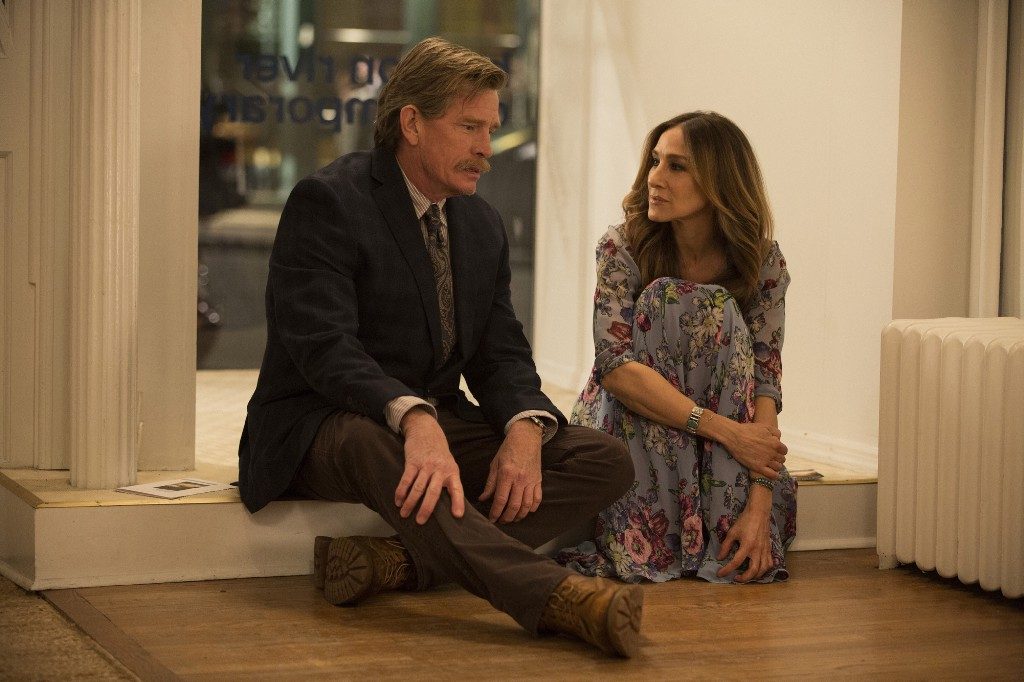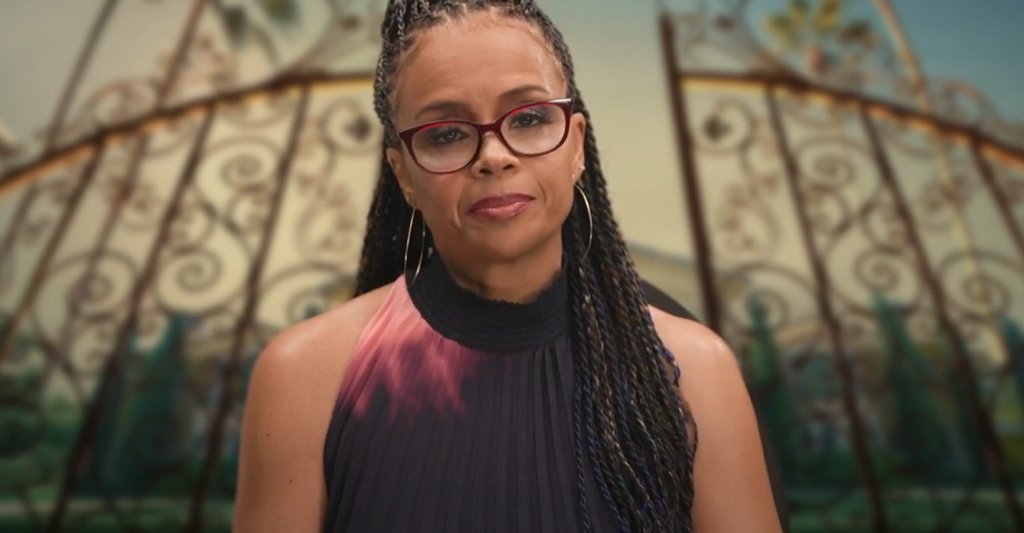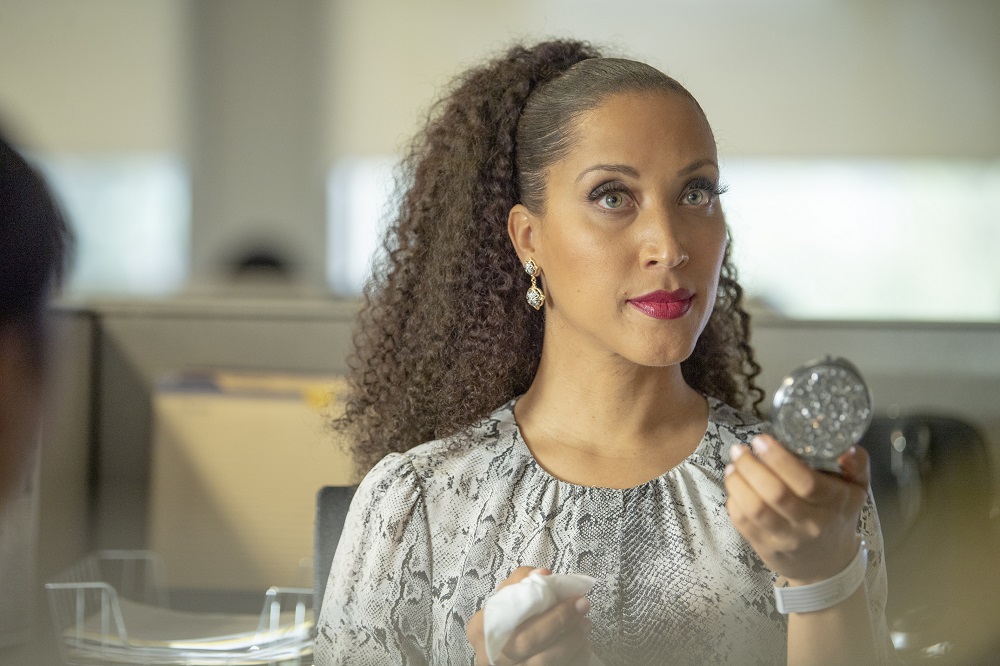Maybe it’s just that Sharon Horgan’s caustic dialogue sounds better in her own Irish accent. Maybe it’s too soon after “The Affair” to watch another well-off couple duking it out in an ugly split. Whatever the reason, HBO’s new dark comedy “Divorce” fails to measure up to the high bar set by its creator’s previous relationship-centric project, the acidly funny Amazon Prime series “Catastrophe.”
Sarah Jessica Parker returns to her “Sex and the City” network in the role of Frances, an unhappily-married mother of two in upstate New York. A ridiculous amount of press has been devoted to explaining that she’s not playing Carrie Bradshaw, which is obvious, because the character’s name is different and pretty much everything about her is different and that show ended over a decade ago so can we please move on?
Anyway, Frances pays the bills as an executive recruiter while her husband Robert (Thomas Haden Church) is getting his renovation business up and running, but she yearns to open an art gallery in their small Hudson Valley town. More than that, she yearns not to be married to Robert, and has been having an affair with a college professor who is, delightfully, played by Jemaine Clement (“Flight of the Conchords”).
The series starts off promisingly, with a downward-spiraling dinner party at the home of one of Frances’ friends, Diane (Molly Shannon, another casting win). Frances, Diane and another friend, Dallas (Talia Balsam, “Mad Men”), throw back wine and cackle about their respective disappointment in men; Frances snarkily recalls Diane’s now-deceased dog’s “wet butthole” pressing against her leg under the table. It’s funny, casually crude dialogue that recalls “Catastrophe” in its ear for unguarded female conversation. Later, though, things take a turn: Diane gets really drunk and brandishes a gun at her husband (Tracy Letts), giving him a heart attack. The scene inspires Frances to tell Robert she wants a divorce.
The longer we spend with this couple the less palatable they are. It’s fine — and often way more entertaining — to have a show centered around protagonists who aren’t quote-unquote Good People, but you still have to make them likable enough to want to stick around. The show can’t seem to decide whether it wants to be cartoonish or realistic, and it splits the difference with Frances and Robert. Parker gets the heavier lift as the show’s center, while Church plays up his exasperated drawl as the huffily wronged husband who gets a side storyline about his terrible idea to open a kids’ entertainment center called “FunSpace” in an old navy-yard building. He’s ridiculous, but he gets a lot more of the comic relief than Parker, who is often reduced to simply sounding bitchy.
She’s also relegated to sitcom-y scenes like the one in which she counsels a recruiting client to stay with his current job because, as she says, who the hell knows what else is out there? Maybe nothing else is out there! It’s a too-obvious setup that goes over like a lead balloon.
Still, there are parts of “Divorce” that make you want to keep watching. The banter between Parker, Shannon, and Balsam is one. It feels, sometimes, as if the show is actively trying not to be too “Sex and the City”-esque, and thus avoiding too much of an emphasis on the female triad — but this is where “Divorce” is strong, and it would be better served to give into those impulses.
The show also delves into the particulars of divorce proceedings: Robert’s friend rolling his eyes when he hears the couple is trying mediation instead of lawyering up, for example. Or Robert’s finding a bargain-basement lawyer who doesn’t really specialize in anything but puts forward the assurance he’ll be fine because “it’s all law.”
“Divorce” also occasionally goes dark enough that you can really feel Horgan’s influence, as when, at couples counseling, Robert makes a confession rooted in 9/11 that is such a beyond-the-pale usage of a national tragedy you can barely believe it, as Frances cannot. Ultimately, though, the show needs to figure out what it is: A series of vignettes about divorce? A misanthropic comedy? A bleak dramedy? Right now, it’s trying to straddle all of those genres and mastering none.







